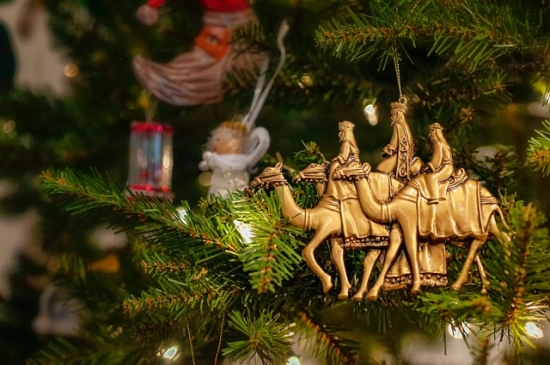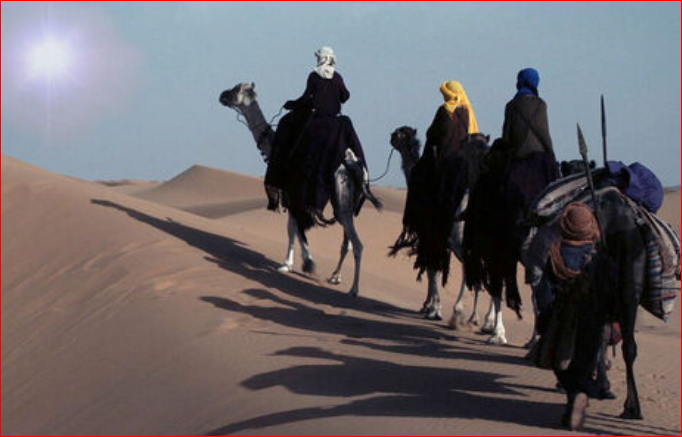9373. Come up unto Jehovah. That this signifies conjunction with the Lord, is evident from the signification of “coming up,” as being to be raised toward interior things (see n. 3084, 4539, 4969, 5406, 5817, 6007), consequently also to be conjoined (n. 8760). That it denotes conjunction with the Lord, is because by “Jehovah” in the Word is meant the the Lord, (n. 1343, 1736, 1793, 2004, 2005, 2018, 2025, 2921, 3023, 3035, 5663, 6280, 6303, 6905, 8274, 8864, 9315). A secret which also lies hidden in the internal sense of these words, is that the sons of Jacob, over whom Moses was the head, were not called and chosen; but they themselves insisted that Divine worship should be instituted among them (according to wh at has been said in n. 4290, 4293); and therefore it is here said, “and He said unto Moses, Come up unto Jehovah,” as if not Jehovah, but another, had said that he should come up. For the same reason in what follows it is said that “the people should not go up” (verse 2); and that “Jehovah sent not His hand unto the sons of Israel who were set apart” (verse 11); and that “the appearance of the glory of Jehovah was like devouring fire on the top of the mountain in the eyes of the sons of Israel” (verse 17); and lastly that Moses, being called the seventh day, “entered into the midst of the cloud.” For by “the cloud” is meant the Word in the letter (n. 5922, 6343, 6752, 6832, 8106, 8443, 8781); and with the sons of Jacob the Word was separated from its internal sense, because they were in external worship without internal, as can be clearly seen from the fact that now, as before, they said, “all the words which Jehovah hath spoken we will do” (verse 3); and yet scarcely forty days afterward they worshiped a golden calf instead of Jehovah; which shows that this was hidden in their hearts while they were saying with their lips that they would serve Jehovah alone. But nevertheless those who are meant by “the called and the chosen” are those who are in internal worship, and who from internal worship are in external; that is, those who are in love to and faith in the Lord, and from this in love toward the neighbor.
Camel


In Genesis 24:10, 64, this signifies in general worldly knowledge in the natural man. (Arcana Coelestia 3046, 4104)
In Jeremiah 49:32, this signifies memory-knowledges used to confirm truths or falsities. (Apocalypse Explained 417[7])
A camel (Matthew 22:24) signifies scientific knowledge.
(References: Arcana Coelestia 3048, 10227)
Arcana Coelestia #9414
9414. 'And Jehovah said to Moses' means instructions from the Lord for those restricted to the outward sense. This is clear from the meaning of 'saying' as instructions, when it includes the things stated after it that make up the instructions, as also in 7186, 7241, 7267, 7304, 7380, 7517, 7769, 7793, 7825, 8041 (the instructions come from the Lord because 'Jehovah' is used in the Word to mean the Lord, 1343, 1736, 1793, 2004, 2005, 2018, 2025, 2921, 3023, 3035, 5663, 6280, 6281, 6303, 6905, 8274, 8864, 9315); and from the representation of 'Moses' as that which acts as the intermediary between the Lord and the people, thus the Word in respect of its outward holiness since this acts as an intermediary. The fact that 'Moses' begins now to represent this intermediary is clear from the train of thought in all that follows. For that people was restricted to the external level of the Word, and as a consequence their worship was external, separated from anything internal, see 9380. Those who are like this cannot have any holy contact at all with the Lord, let alone be joined to Him, except through an intermediary. This matter will be explained more fully below in 9419.
[2] The fact that this people was restricted to the outward sense of the Word, separated from the inward, and that as a consequence their worship was similarly external, is plainly evident from events that followed. After forty days they fell completely away, worshipping the golden calf instead of Jehovah. Also, because of this Moses at that time threw the tablets from his hand and smashed them; and afterwards he was commanded to hew some other tablets on which the same words would be written. The meaning of this was that this people were altogether unwilling to accept any teaching at all from the inward sense of the Word as it exists in heaven, only from its outward sense separated from the inward, as the Word exists with them in the world even at the present day. This also explains why that people were no longer called Jehovah's people but Moses' people, as in Chapter Exodus 32 further on,
Jehovah spoke to Moses, Go! go down; for your people whom you caused to come up from the land of Egypt have corrupted themselves. Exodus 32:7.
Also in Chapter 33,
Jehovah spoke to Moses, Go! go up from here, you and the people whom you have caused to come up from the land of Egypt. Exodus 33:1.
For this reason also they were subsequently removed from the mountain. And in Chapter 34,
No man shall come up with you, and also no man shall be seen on all the mountain. Also no flock or herd shall feed before this mountain. Exodus 34:3.
For 'Mount Sinai' means the Law or Divine Truth and the Word as it exists in heaven, and so heaven as well, 8399, 8753, 8793, 8805. The reason why Moses previously represented the Word in general, that is, in respect both of its inward sense and of its outward sense, was that there the subject was the declaring of the Law, by which the revelation of Divine Truth in general was meant. This was the beginning of the revelation, for all else in the Word was written later.






